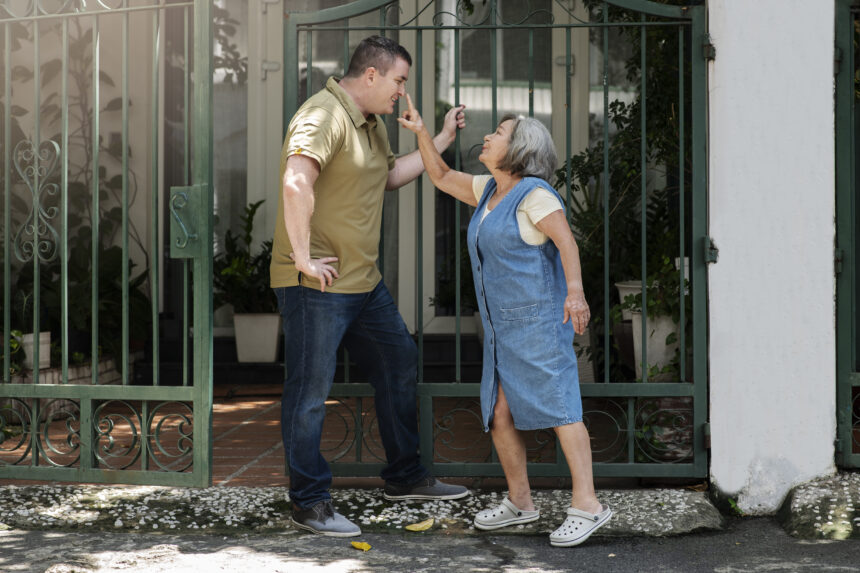Owning an older home in South Africa can be a source of pride and charm, but it’s important to consider the unique challenges and considerations that come with insuring these properties. Home insurance premiums for older homes can sometimes be higher due to factors such as outdated electrical systems, aging infrastructure, and increased risk of damage. However, there are several steps you can take to lower your home insurance premiums while still maintaining adequate coverage. Here are some tips to help you achieve that:
- Upgrade Your Home’s Security: Enhancing your home’s security can significantly reduce the risk of theft and break-ins, resulting in potential savings on your insurance premiums. Install deadbolt locks, security alarms, motion-sensor lights, and a security system that is directly connected to a monitoring service. These security measures demonstrate to insurance providers that you are actively taking steps to protect your home, which can lead to premium discounts.
- Reinforce Your Home’s Structure: Older homes may have structural vulnerabilities that can increase the risk of damage during severe weather events. Consider retrofitting your home with measures such as storm shutters, reinforced roofing materials, or impact-resistant windows to minimize potential damage and reduce insurance risks. Reinforcing your home’s structure can demonstrate your commitment to mitigating risks, potentially resulting in lower premiums.
- Update Electrical, Plumbing, and Heating Systems: Outdated electrical, plumbing, and heating systems can increase the risk of fire or water damage. Upgrading these systems to meet modern safety standards not only improves the functionality of your home but can also lead to premium reductions. Installing circuit breakers, copper plumbing, and energy-efficient heating systems can make your home safer and more attractive to insurance providers.
- Maintain Regular Home Maintenance: Regular maintenance is essential for preserving the integrity of an older home. Keep up with routine tasks such as roof inspections, gutter cleaning, tree trimming, and addressing any signs of wear and tear. Well-maintained homes are generally viewed as less risky by insurers, which can result in lower insurance premiums. Keeping a record of maintenance activities can also be beneficial in demonstrating the care and upkeep of your property.
- Shop Around for Insurance Quotes: Insurance premiums can vary significantly from one provider to another, so it’s crucial to compare quotes from multiple insurance companies. Seek recommendations from friends, family, or online resources, and obtain quotes from different insurers to find the best coverage and premiums that suit your needs. Consider working with an insurance broker who can help you navigate the market and find the most competitive rates.
- Increase Your Deductible: Opting for a higher deductible is one way to potentially lower your insurance premiums. A deductible is the amount you agree to pay out of pocket before your insurance coverage kicks in. By increasing your deductible, you may reduce your annual premiums. However, be sure to set your deductible at a level that you can comfortably afford to pay in the event of a claim.
- Bundle Your Insurance Policies: Many insurance companies offer discounts when you bundle multiple policies, such as home and auto insurance, with the same provider. Consolidating your insurance coverage with one company can lead to premium discounts and make managing your policies more convenient.
- Consider Renovations and Retrofits: If your budget allows, consider renovating or retrofitting specific areas of your home to improve its safety and insurability. For example, updating the electrical system, replacing the roof, or installing modern plumbing fixtures can enhance your home’s overall condition and reduce insurance risks. Consult with professionals to identify the most cost-effective renovations that can help lower your insurance premiums.
- Seek Professional Guidance: Navigating the intricacies of home insurance can be overwhelming, especially when insuring an older property. Consider seeking professional guidance from an insurance agent or broker who specializes in insuring older homes. They can assess your unique situation, provide expert advice, and help you find the most suitable coverage at competitive rates.
Remember, while it’s important to lower your insurance premiums, it’s equally crucial to ensure that you have adequate coverage for your older home. Review your policy carefully, understand its terms and conditions, and make sure it offers sufficient protection for the specific risks associated with older properties.
By implementing these tips, you can take proactive steps to reduce your home insurance premiums while maintaining comprehensive coverage for your cherished older home.










